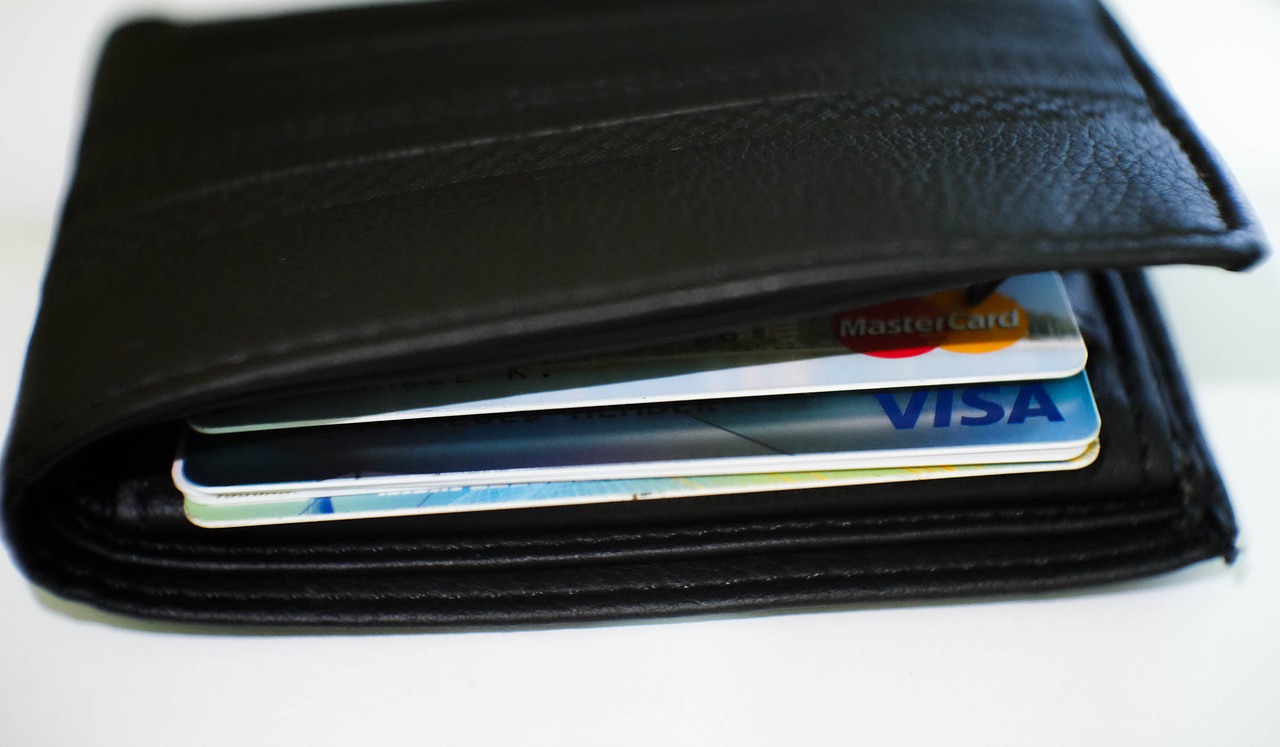Seven simple ways to raise your credit score
To help you qualify for a mortgage
When it comes to qualifying for a mortgage in Canada, lenders look at your credit score to judge whether you are a risk, or not. They take a close look at the age of your accounts, payment history, unpaid debts, open debts, and your overall debt load.
If you want to qualify for the best terms and rates, it’s best to have a strong credit score (over 700) and a moderate ratio of debt. It’s important to know that a high score won’t happen overnight. Any bit of improvement will take 30 to 60 days (or more) to appear, so don’t be disappointed if it takes some time to turn things around.

To help you achieve a higher number, here are seven ways that you can give your credit score a boost:
Clear a good chunk of your existing balance—or all of it.
You can’t go wrong with paying off existing debt—or a good portion of it—to help increase your credit score. This is one of the fastest ways to raise your score. Plus, slimming down your balance will helps save on those nasty interest payments.
Pay bills on time.
Performance is key when it comes to paying your bills on time—each and every time.
If you’ve had a rough few months meeting your payments, double up on monthly payments when you can. This helps pay down that balance faster and reflects well on your payment history.
Leave old debt on your report.
Debt that you’ve handled well and paid off is good debt and worth keeping a history of, so don’t worry about getting it removed from your credit report. In fact, the longer your history of good debt it, the better your score is.
Eliminate multiple credit card balances.
Attack unattractive debt with large lines of credit as fast as possible. Credit card balances and financing penalize your credit score more than a home equity loans, so it’s a smart plan to pay those off first and then work your way through the rest.
Correct any credit report errors.
An error on your credit report could cause a lot of trouble for an otherwise respectable credit score. It’s important to ensure that your report is accurate, so make sure that your report is error-free.
Under-use your cards.
The ideal credit utilization ration shouldn’t be more than 30 per cent, so don’t pull out the plastic to pay for everything! It’s even better for your report to aim to use less than 10 per cent of your limit and then make sure you pay it off right away.
Don’t obsess.
It’s time to be focused when you know that you’re going to need credit. Until then, use your card responsibly and pay your bills. Your score will be reflect smart spending behaviours and there’s nothing better than that.
Have a look at your credit score months before you get ready to approach a lender. This will give you an indication of where you stand and divulge the factors that kept your score from being higher, along with specific ways to improve.
--------------------------
Don’t forget that building (and rebuilding) good credit can take some time, but these steps can help give your score a bit of a boost.
No matter what, don’t ruin a good thing. If you have excellent credit, keep it that way!
